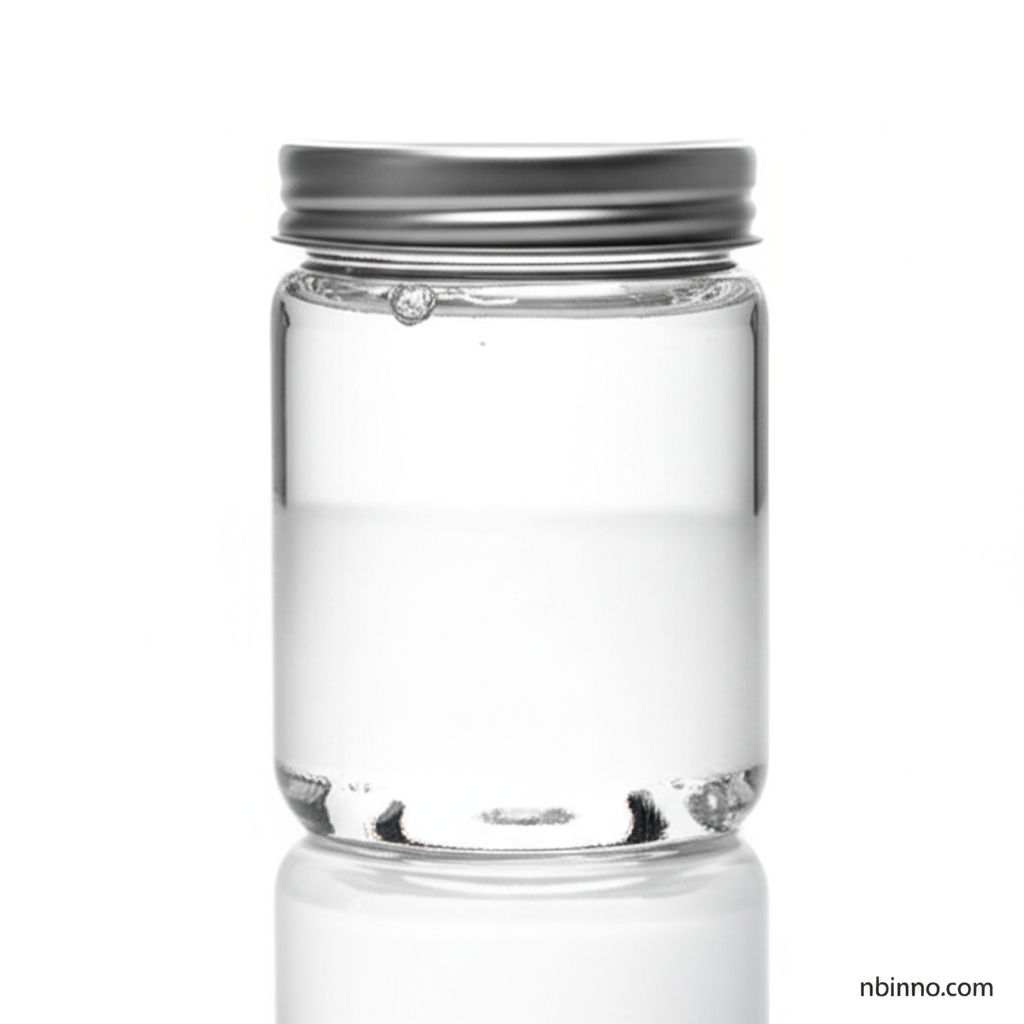High-Quality Formic Acid for Industrial Excellence
Discover the power of Formic Acid in leather, rubber, textile, and chemical manufacturing.
Get a Quote & SampleFormic Acid: The Versatile Industrial Workhorse

Formic Acid (Methanoic Acid)
Formic Acid, also known as Methanoic Acid (CAS No. 64-18-6), is a fundamental organic chemical vital for numerous industrial processes. Its unique properties, including strong acidity and reducing capabilities, make it indispensable across sectors like leather, rubber, textiles, and general chemical synthesis.
- Leather Tanning Excellence: Learn how formic acid for leather tanning acts as a crucial deashing agent and neutralizer, significantly enhancing leather's durability and texture.
- Efficient Rubber Coagulation: Explore the role of formic acid rubber coagulant in the natural rubber industry, ensuring consistent and high-quality production.
- Vibrant Textile Dyeing: Understand the application of formic acid textile dyeing as a key auxiliary for vibrant colors and effective fabric finishing.
- Broad Industrial Applications: Discover the extensive uses of industrial grade formic acid as a chemical intermediate, solvent, and pH regulator across various manufacturing sectors.
Key Advantages of Using Formic Acid
Enhanced Product Quality
Leverage formic acid applications to achieve superior product finishes, whether it's supple leather or precisely dyed textiles.
Process Efficiency
Utilize its properties as a pH regulator and coagulant to streamline manufacturing processes and improve outcomes.
Versatile Chemical Intermediate
Benefit from its role as a building block in creating other valuable chemicals, showcasing its importance in chemical synthesis.
Key Applications
Leather Industry
As a vital component in leather tanning, formic acid improves the hide's structure and prepares it for further processing.
Rubber Industry
Its function as a rubber coagulant is critical for producing high-quality natural rubber products.
Textile Industry
In textile dyeing and printing, it ensures even color penetration and enhances fabric appearance.
General Chemical Manufacturing
Serves as a crucial raw material and solvent for producing various fine chemicals and intermediates.
